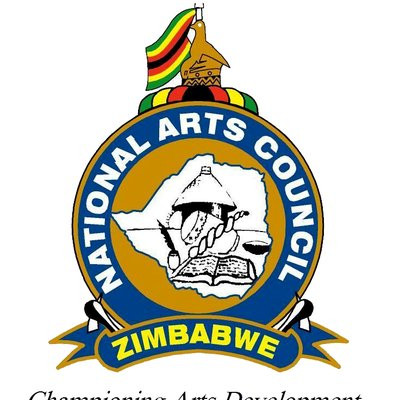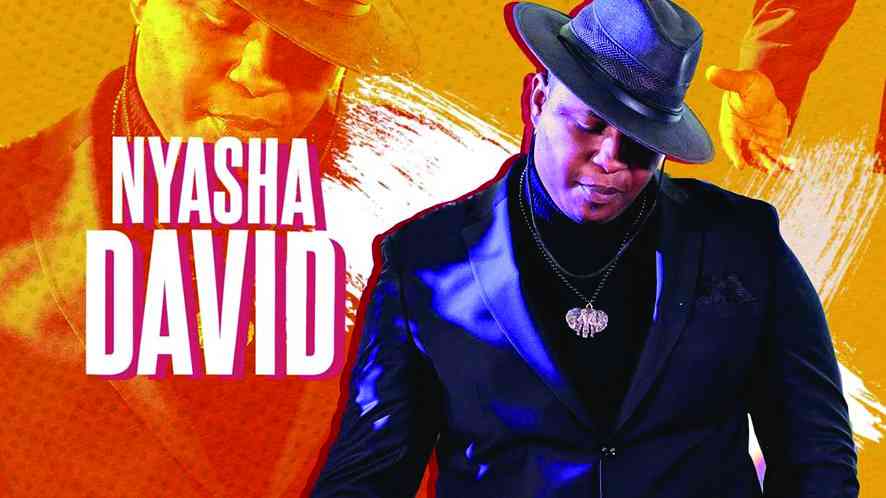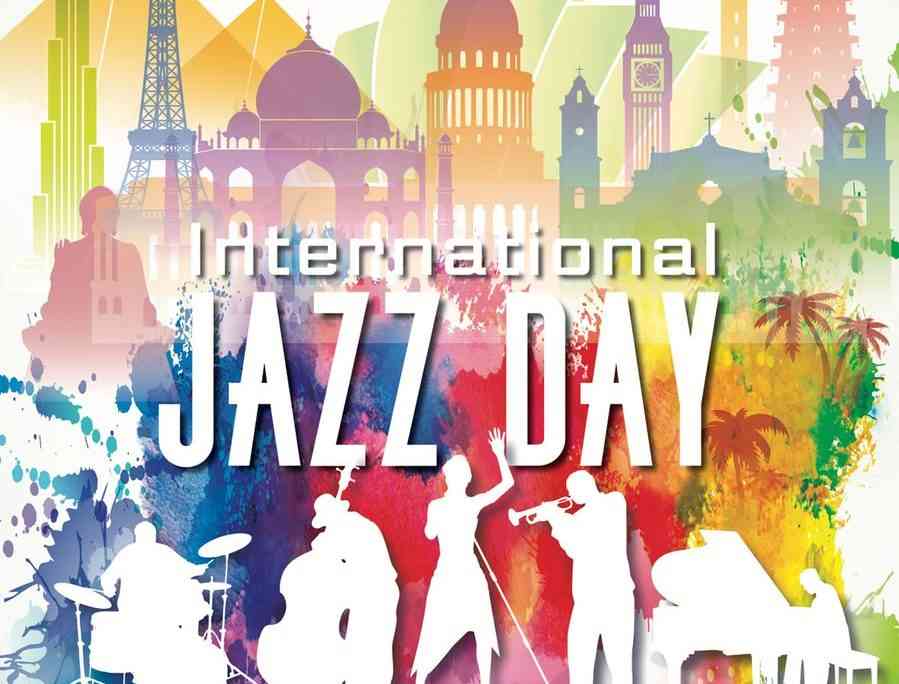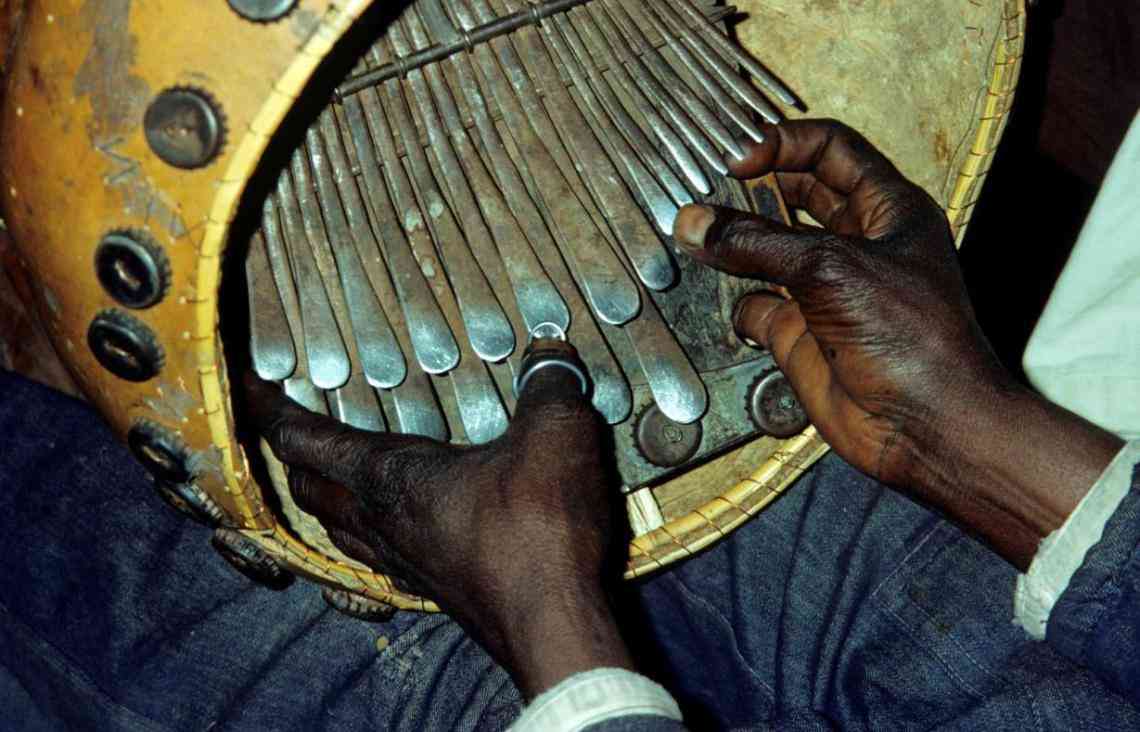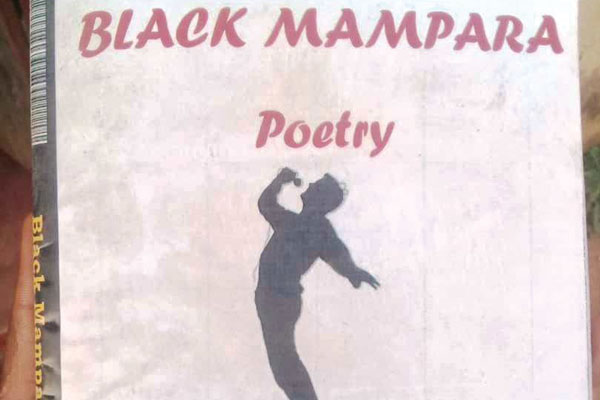
Title: Black Mampara Poetry Author: Doctor Mampara and Black Mampara Publisher: Black Mampara (2018) ISBN: 978-0-7974-9683-5
My first encounter with Haiku poetry was fascinating. How could poetry be that short and yet be so long?
Between the Lines: Beniah Munengwa
Haiku, drawn from Japanese origins, has been adapted to African ways by Adjei Agyei-Baah from Ghana. To that end, Dr Mampara and Black Mampara formulated a form of what they termed Zimbabwean Haiku, which, however, does not strictly adhere to traditional Haiku tenets.
That discretion though does not disarm the poetry anthology’s claim to stand alongside other poetry bookforms worth celebrating.
Black Mampara projects scorn towards the disruption of culturally acceptable values, a process which has resulted in the ‘mamparisation’ of society. To the two poets, life is wretched and everyone is impure. In short, The Beautyful Ones Are Not Yet Born because their beauty is tainted just as they begin to tread their way through the earth.
How men find their wallets empty at the end of the night after night escapades in the night hovels of Mahusekwa and Randasi are well captured by Black Mampara the poet in the poem, Ndichasvikepi?
Mahusekwa and Randasi play representative to the anatomy of peri-urban night life across the country whereby the night spots, instead of being recreational facilities, are reduced into sites for disempowerment of those who, for many hours, find themselves tilling and watering the fields with the bold intent of empowering themselves, but to no avail after the night experiences.
- Chamisa under fire over US$120K donation
- Mavhunga puts DeMbare into Chibuku quarterfinals
- Pension funds bet on Cabora Bassa oilfields
- Councils defy govt fire tender directive
Keep Reading
In a preface tabled by Dr Mampara, the self-proclaimed “only learned” Mampara in the society, he says, “The aim is not offend, hurt, or harm anyone, but to highlight some of our societal challenges, ills, failures, expectations and successes in a funny way”.
The major premise on which the anthology is grounded is that society is rotten and everyone is gravitating towards becoming a mampara. Mampara typically signifies a state of senselessness and uselessness.
The two poets, who prefer anonymity, employ both English and Shona to communicate their ideas. Their argument is that poetry has missed out on reaching to many because of its legacy as a complex, intense and heavy genre.
To them, the use of soft language, “Shonglish”, and multiple forms of debunked expressions attracts the reader to engage with poetry, a genre which has over the years been perceived as high art only for the elite.
Black Mampara poetry is more than just poetry as it operates more at the level of proffering advice and defies rules of form and structure synonymous with traditional poetry as we have come to know it.
From the poem, Eheeee!, advice is dished out to married people. It mocks men and women who offer their all to people outside their marriage and at the same time ignore the needs of the people they vowed to stay with forever. It reads: “Tangai nekuvhoterana mudheni,/Rudo rwufaye,/Tsvodi dziti mwaaah!/Mozodururira kuPorin’i siteshika!/Matiko mwaaa! Rudo rwukafa mumba kurashika./Onesanai ikoko!”
The Black Mampara movement seeks to highlight the ills of society with a primary intent of driving people into introspection and evaluation of their would-be situations if they stop pursuing artificial beauty, fast lives, and all forms of excitement and transient satisfaction in ways that end up demeaning their cultural heritage and personal stature.
One of the outstanding pieces is, Ma1, a piece that delves into the complexities and ambiguities of living through life. To vote for someone is trouble and to not vote for them is trouble, too. Such is the trouble that man faces in doing and in undoing anything. This poem, written in Shona, carries within it enlightenment and loads of humour.
Mabhambo goes deeper in underscoring the complexity of life in a simplified way. For what is life without problems that keep us with something short and in need of being solved? “Mabhambu mumugwagwa,/Mabhambu muupenyu,/Mabhambu pabasa,/Mabhambu pachiteshi,/Mabhambu kwatinoenda,/Mabhambu kwatinobva,/Mabhambu pese pese!” Humps are disruptions that interrupt the smooth flow of life’s heartbeat.
The anthology, which is divided into two sections, one by Dr Mampara and the other by Black Mampara, carries a varied appeal, with the one by Dr Mampara seemingly taking the most honours for its formulation, which makes for the smooth interflow of words, resulting in beautiful poetry. Black Mampara is, however, outstanding in his own way, but message deliverance.
What remains unclear is whether reader reception will be more because of their tactical twitch or not. However, whichever way, Black Mampara Poetry offers an alternative to serious written poetry. But will you agree, maybe not? Go ahead and taste the new feel.
Beniah Munengwa writes in his own capacity. He can be contacted on [email protected]



